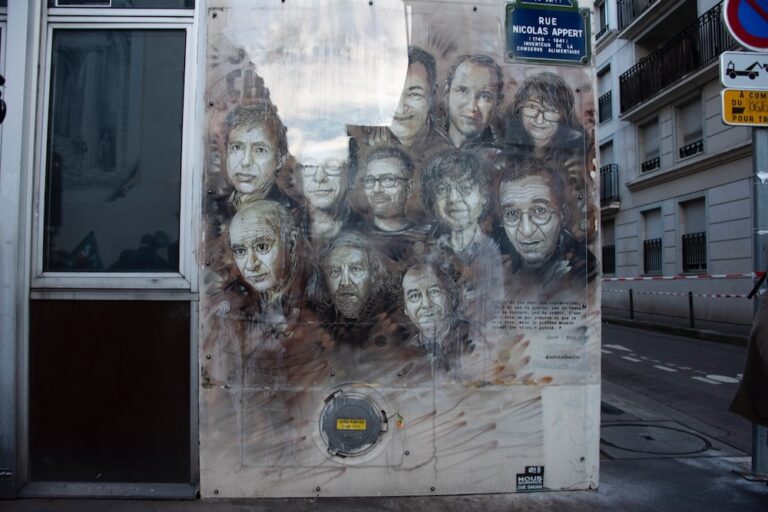(IPI/IFEX) – The following is a 13 March 2000 IPI press release about the launch of their on-line 1999 report, the “IPI World Press Freedom Review”: Bleak News for Media Freedom The IPI World Press Freedom Review is a bleak analysis of press freedom violations committed in 1999 in 165 countries. During the course of […]
(IPI/IFEX) – The following is a 13 March 2000 IPI press release about the launch of their on-line 1999 report, the “IPI World Press Freedom Review”:
Bleak News for Media Freedom
The IPI World Press Freedom Review is a bleak analysis of press freedom violations committed in 1999 in 165 countries.
During the course of the year, 87 journalists and media staff were killed or murdered, making it one of the worst years on record. Many of the victims were cut down in waves of violence in the Balkans, Russia and Sierra Leone. 25 journalists and media workers died in the Federal Republic of Yugoslavia, of which 16 were victims of the Nato bombing of the Radio Television Serbia building in Belgrade in April. In Africa, the civil war in Sierra Leone claimed 10 victims and, once again, Colombia with seven media victims has shown itself to be the most perilous country in Latin America.
Johann P. Fritz, Director of IPI, said: “Developments in the conflicts in Serbia, Sierra Leone and East Timor were particularly distressing for the media: journalists were considered legitimate targets and killed because they were journalists; because people did not like what they were saying.”
“Targeting journalists is a flagrant breach of international covenants,” he said. “IPI urges all Governments to reaffirm their commitment to the fundamental principles of freedom of expression.”
Aside from journalists covering conflict, unexplained murders of reporters and editors account for many of the deaths. The motives behind these attacks are rarely established and the culprits almost never found. The review also details thousands of cases of assault, imprisonment, ‘disappearances’, harassment, intimidation and censorship that were designed to stifle the free flow of information in all parts of the world.
“There is an obvious problem of official reluctance to investigate killings and acts of violence against media,” Fritz said. “There must be no impunity for the killers of journalists and media workers.”
Turkey continues to imprison more journalists than any other country in the world. China, Burma (Myanmar), Ethiopia, Cuba, Congo (DRC), Nepal and Syria also regularly silence critical journalists by throwing them in jail.
“It is an appalling realisation,” Fritz said, “that despite all the advances mankind has made over the past century, the majority of people on this planet are still not allowed to enjoy freedom of the press.”
The review also shows how legal provisions are a favoured muzzling device, and how, all over the world, official files and documents are often unnecessarily withheld from the public’s eye, impeding the citizens’ right to be fully informed and to evaluate the performance of their representatives.
The IPI World Press Freedom Review is available on IPI’s website: http://www.freemedia.at
It contains overviews of Africa, The Americas, Asia, Australasia and Oceania, Europe, Middle East and North Africa, plus 165 country reports. Hard copies can be ordered from IPI headquarters.


